
CSIC Delegation in Andalusia and Extremadura
If you are the contact person for this centre and you wish to make any changes, please contact us.
Research Professor at the Doñana Biological Station (EBD-CSIC)
Senior Scientist at the Institute of Marine Sciences of Andalusia (ICMAN-CSIC)
Ramón y Cajal researcher at the Doñana Biological Station (EBD-CSIC)
Principal investigator of the 3D Genomics group at the Andalusian Centre for Development Biology (CABD)
Professor of Biochemistry and Molecular Biology at the University of Seville, principal investigator at CABIMER (CSIC-US) in the Laboratory of Cellular and Molecular Neuroimmunology
Researcher at the Doñana Biological Station (CSIC)
Head of Section of the Stroke Unit in the Neurology Service of the Hospital Universitario Virgen del Rocio - Institute of Biomedicine of Seville (IBiS)
Ecologist. 'Ramón y Cajal' researcher working at EBD-CSIC (Doñana Biological Station)
Research professor at the Doñana Biological Station (CSIC)
Research Professor at the IAA-CSIC (Granada) and co-principal investigator of the SO/PHI instrument on board Solar Orbiter

The European Medicines Agency (EMA) has recommended granting marketing authorisation in the European Union for a new therapy for the treatment of adult patients with amyotrophic lateral sclerosis (ALS), a rare and frequently fatal disease that causes muscle weakness and leads to paralysis. Qalsody (tofersen) is indicated for the treatment of adults with ALS who have a mutation in the SOD1 gene. There is currently only one treatment for ALS authorised in the EU (riluzole).
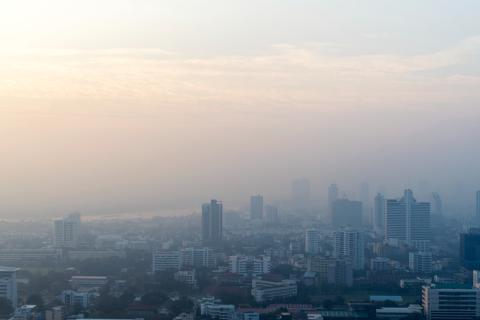
Chronic exposure to various air pollutants has been linked to an increased risk of stroke, but the short-term effects have been less well studied. A review of 110 papers and more than 18 million stroke cases shows that recent exposure - in the five days prior to stroke - also increases the likelihood of stroke. The results are published in the journal Neurology.
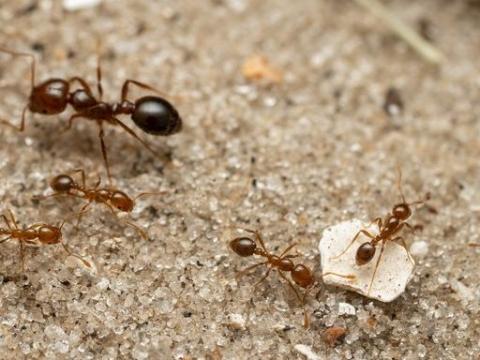
One of the world's most invasive species is Solenopsis invicta, an ant native to South America with a painful sting. In an article published in Current Biology, experts confirm the first official sighting of this species in Europe: 88 nests spread over five hectares near Syracuse in Sicily, Italy. The ants could soon spread across the continent, causing serious environmental, health and economic problems. The study is led by the Institute of Evolutionary Biology (IBE) of the CSIC and the UPF.
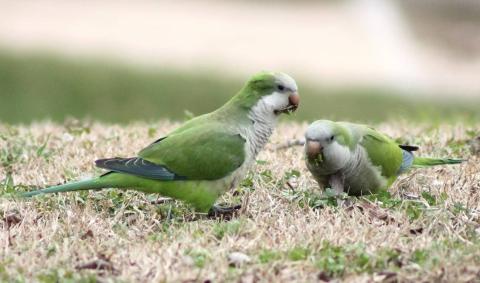
According to a new report from the Intergovernmental Science-Policy Platform on Biodiversity and Ecosystem Services (IPBES), human activities have introduced over 37,000 exotic species to regions around the world. The document highlights that more than 3,500 of these are harmful invasive exotic species that are often overlooked until it's too late.
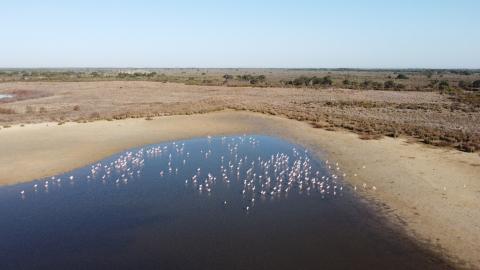
Species of birds common in the marshes of Doñana as the common tern, the brown pochard, the marbled teal, the marsh harrier or the black-bellied sandpiper have recorded a decline in their population for more than a decade, a trend that accelerated since 2019. This is one of the conclusions of the Report on the conservation status of waterfowl in Doñana, published today by SEO/BirdLife.
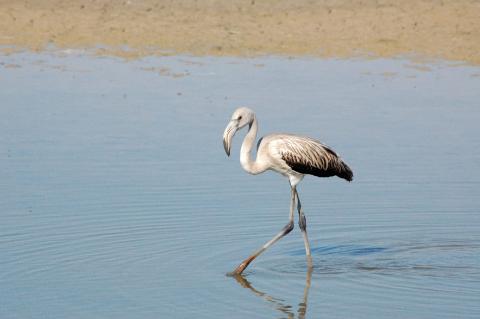
The Participation Council of Doñana has analysed this Monday in an extraordinary meeting the bill presented in the Andalusian Parliament that aims to extend the legal irrigation in the area. The Andalusian Government maintains its support for the new regulation, which will begin its parliamentary debate tomorrow, Wednesday, with the proposal to take the bill into consideration. For his part, the director of the Doñana Biological Station, Eloy Revilla, in his speech to the Council warned of the general deterioration of the lagoon system and pointed out that "the current exploitation of the aquifer is not sustainable". "Spain has been condemned by the European Court of Justice for failing to comply with its obligations under the Water Framework Directive and the Habitat Directive," he said. The Ministry for Ecological Transition has warned that it will take the law to the Constitutional Court.
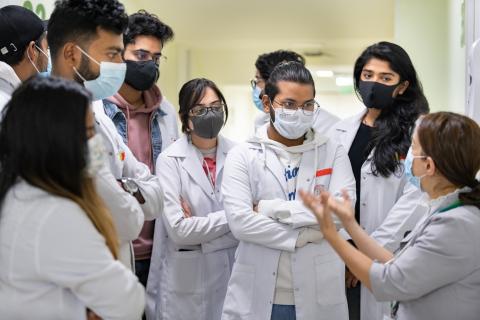
The World Health Organisation (WHO) has published a report with data reported by 87 countries in 2020 warning of increasing antibiotic resistance in bacterial infections in humans. The report shows resistance levels of more than 50 % in bacteria that frequently cause bloodstream infections in hospitals, such as Klebsiella pneumoniae and Acinetobacter spp.
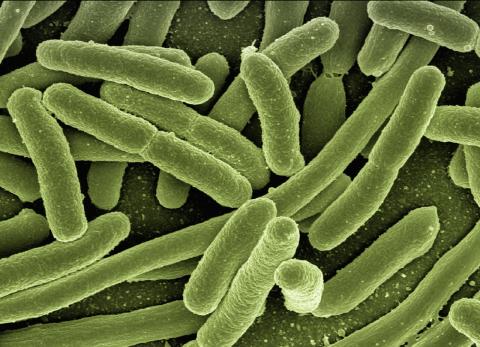
Bacterial infections were the second leading cause of death in 2019. This is according to research published in The Lancet, which estimates that one in eight deaths that year was associated with bacterial pathogens. Five of these - S. aureus, E. coli, S. pneumoniae, K. pneumoniae and P. aeruginosa - accounted for more than half of all bacteria-related deaths.
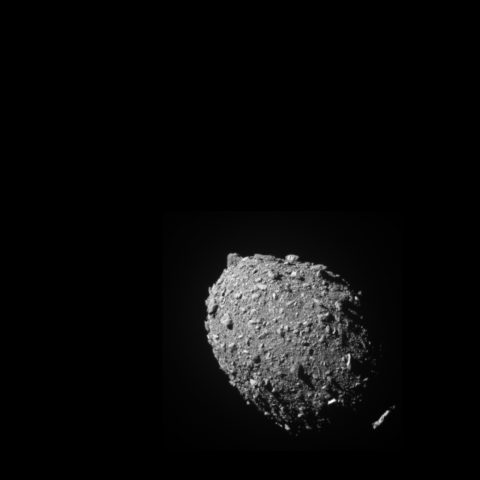
As planned, the DART (Double Asteroid Redirect Test) mission has hit the asteroid Dimorphos, which orbits a larger asteroid, Didymos. Neither is a threat to Earth. This is the first planetary defence test mission designed to change the orbit of an asteroid, launched by NASA and the Johns Hopkins APL laboratory, with Spanish participation. Scientific teams will study with ground-based telescopes how much the orbit of Dimorphos will change around Didymos after the collision.
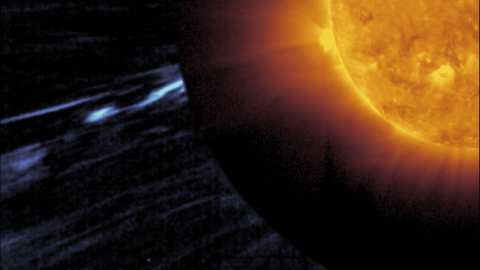
The ESA/NASA Solar Orbiter mission may have made the first direct observation of what are known as magnetic switchbacks on the Sun. The phenomenon, which consists of S-shaped disturbances that cause sudden reversals of its magnetic field, had been identified by different space probes since the 1970s, but its explanation had only been described theoretically. The finding is published in The Astrophysical Journal Letters.